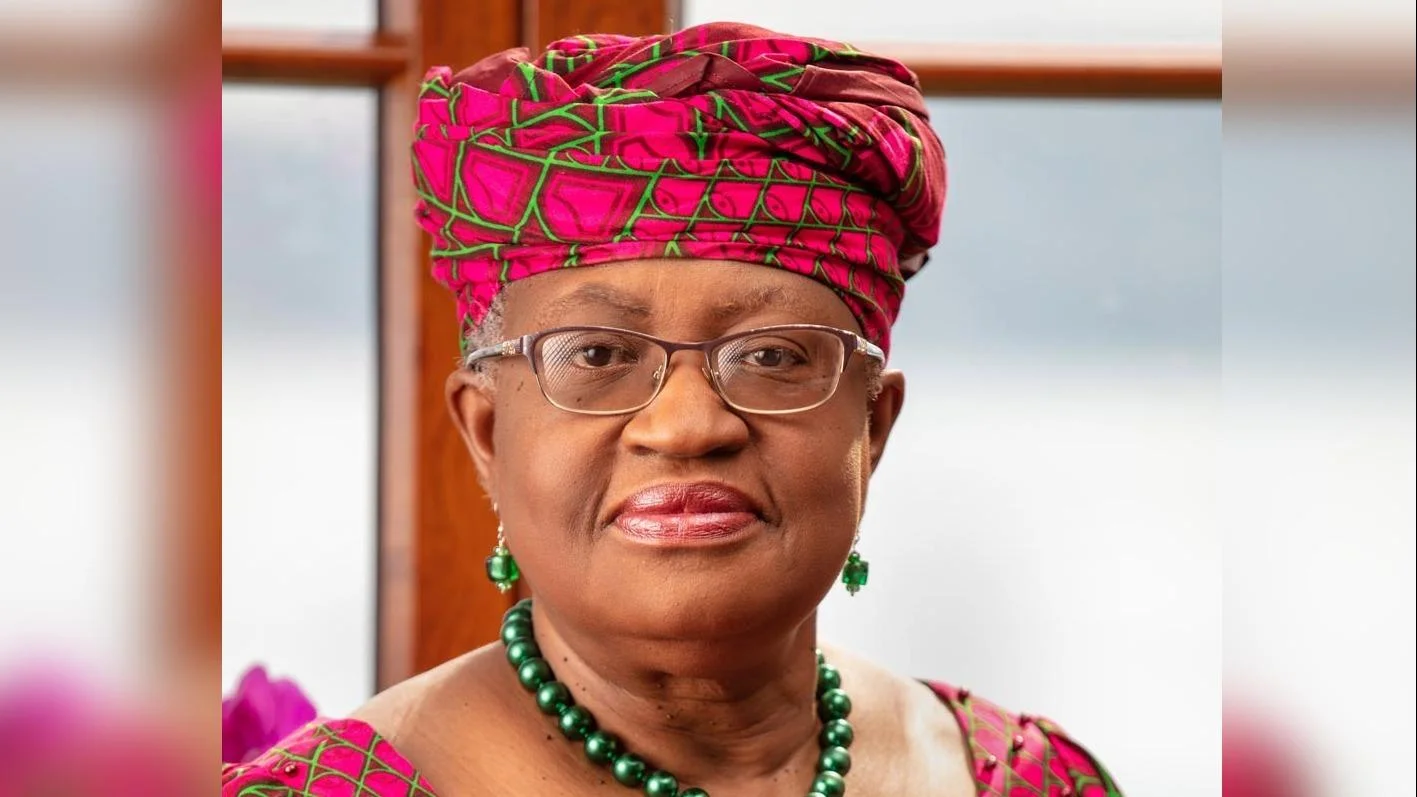Speaking in her role as Chair of the WTO's Trade Negotiations Committee, DG Okonjo-Iweala reported that consultations held with members since the last General Council meeting in March demonstrated a “constructive spirit,” with all parties “eager to complete the unfinished business from Abu Dhabi.”
“I was encouraged to hear members express determination to find pathways that allow us to do as much as possible here in Geneva, instead of waiting for ministerials to deliver things,” she said. “In virtually every group, there was support for the notion of securing the political empowerment needed to get things finished here in the General Council.”
To advance work in Geneva, General Council Chair Ambassador Petter Ølberg of Norway announced a members' retreat on July 8-9. The retreat aims to reflect on how work is conducted in Geneva, optimize Ministerial Conferences, and carry forward ongoing workstreams.
The goal is to “ensure the WTO remains a forward-looking Organization — mindful of the pending, long overdue workstreams that require our attention and breakthrough of longstanding stalemates,” he stated. Ambassador Ølberg plans to reach out to members for their views on the retreat’s content.
DG Okonjo-Iweala identified four priorities for action: fisheries subsidies, agriculture, dispute settlement reform, and investment facilitation for development.
On fisheries subsidies, DG Okonjo-Iweala noted members were “very close” to completing negotiations at MC13 and expressed regret that it did not happen. She emphasized this must be completed as soon as possible and targeted completion before the WTO's summer break.
Ratification of the Fisheries Subsidies Agreement from June 2022 is progressing. Qatar recently became the 76th member to deposit its instrument of acceptance, with ten additional acceptances expected soon.
On agriculture, DG Okonjo-Iweala stressed making a breakthrough is crucial. She welcomed Brazil's proposal on advancing agriculture negotiations and noted a new willingness among members to resolve impasses.
Dispute settlement reform remains another priority. DG Okonjo-Iweala expressed satisfaction that Ambassador Usha Dwarka-Canabady of Mauritius will facilitate this process. "We need to fix what needs to be fixed so that the world will once again look at the WTO as a fully functioning organization," she declared.
Investment Facilitation for Development also featured prominently in discussions. The Agreement now has 128 co-sponsors within WTO membership, including 90 developing economies. Citing World Bank Group data showing declining capital flows to developing economies, DG Okonjo-Iweala advocated for instruments aiding these economies in attracting investment and generating employment.
On development issues, she praised progress made for least developed countries (LDCs) at MC13 and urged building on this momentum. Members showed interest in working further on LDC graduation proposals and Agreement-specific proposals from developing economies and LDCs.
During the May 22 General Council meeting, negotiating chairs for agriculture (Ambassador Alparslan Acarsoy of Türkiye), fisheries subsidies (Ambassador Einar Gunnarsson of Iceland), and development (Ambassador Kadra Hassan of Djibouti) provided updates on their respective areas since March.

